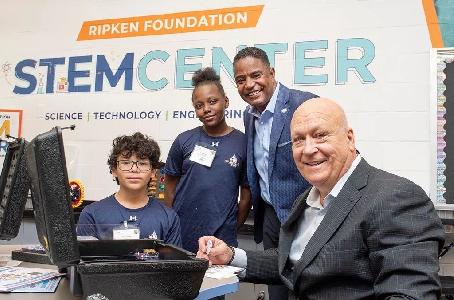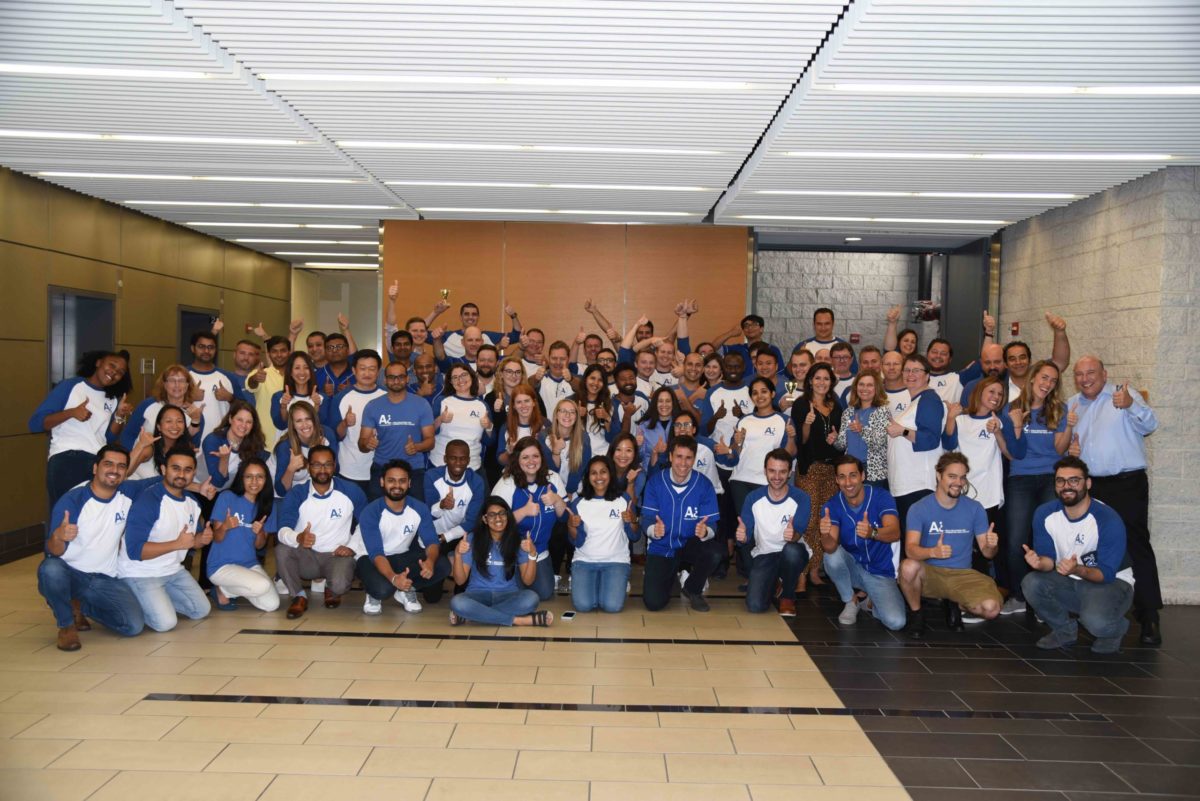
This editorial article is a part of Technical.ly's Healthcare Technologies Month of our editorial calendar.
As leaders in government and healthcare have sought to stop the spread of COVID-19, data has been key in shaping the response. Getting access to data provides a picture of not only trends in number of cases, but the availability of hospitals beds and limited resources like ventilators.
And as those leaders seek to coordinate, that data has to be shared on different levels of government, as well as among hospitals and others in the healthcare system and first responders.
So it makes sense that a company that is always working on healthcare data sharing and interoperability would have a role to play in the response to the global pandemic.
With more than 15 years of work put in on coordinating care with SaaS tools across networks and responding to emergencies and disasters that has brought a presence in 13 states and D.C., Baltimore-based Audacious Inquiry (Ai) is activating its capabilities in the response to COVID-19. Based just off UMBC’s campus, the 140-employee company has a trio of offerings that are bringing data sharing to the fight.
One of those efforts is launching to galvanize use of restful APIs to enable real-time data sharing for “situational awareness” across the different agencies involved in the response. Called The Saner Project, it is being made available to the tech community via open source — and the company is looking to play a “convening role,” said Ai President Scott Afzal.
The project’s APIs use the international data standard from health IT organization HL7 called Fast Healthcare Interoperability Resources. That creates a standardized way to share data about healthcare capacity, staffing and availability of key supplies like ventilators and personal protective equipment. Now HL7’s community has also been mobilized to develop new initiatives for data sharing that are specific to COVID-19.
“As this pandemic unfolded and the need to have a better understanding of situational awareness grew, it became obvious that the method everyone was relying on was manual reporting” — that, is spreadsheets, Afzal said. “We made a push to pursue this in earnest.”
The idea is to help the people giving care save time on fulfilling reporting requirements. Ai is also looking beyond the current crisis moment, as the virus may be with us for some time in the absence of a vaccine.
“This is a durable, lasting, stable, extensible model,” he said.
The company is also adapting existing tools for the response.
Its Encounter Notification Service can help share data between public health agencies and providers. In COVID-19 response, the tool can provide a look at hospitalization use, and key underlying data about people who are known or suspected to have COVID-19. This helps provides agencies with additional data to be used for healthcare and epidemiological planning.
And PULSE was designed by the company to be used in disaster scenarios where volunteers are providing care in settings like field hospitals. That’s coming into play now, as states like Maryland are expanding capacity with facilities like a recently opened field hospital at the Baltimore Convention Center. The company created a more streamlined user interface, PULSE COVID, that allows users like public health agencies or healthcare providers to search for medical records and histories from nationally available information exchanges. Ai partners on this effort with The Sequoia Project.
The company is seeing new interest in these offerings. When we talked last week, PULSE COVID was live in two states and was set to be launched in two more. It has had an influential role before, helping to build the regional information exchange Chesapeake Regional Information System for our Patients, and has long worked on challenges of data collection and sharing in healthcare.
With Afzal issuing the call that “there is no better time than now” to solve them, it’s looking to bring folks together to do so at a moment when it could have implications for improving the response.
Join the conversation!
Find news, events, jobs and people who share your interests on Technical.ly's open community Slack

Baltimore daily roundup: The city's new esports lab; a conference in Wilmington; GBC reports $4B of economic activity

Baltimore daily roundup: Find your next coworking space; sea turtle legislation; Dali raided and sued

Baltimore daily roundup: Johns Hopkins dedicates The Pava Center; Q1's VC outlook; Cal Ripken inaugurates youth STEM center


